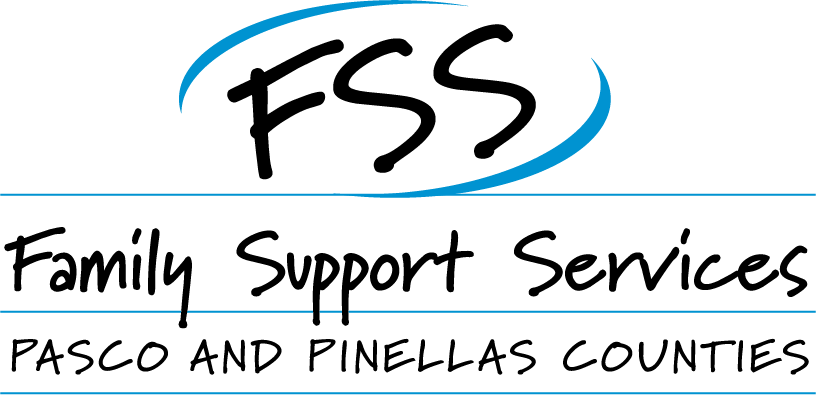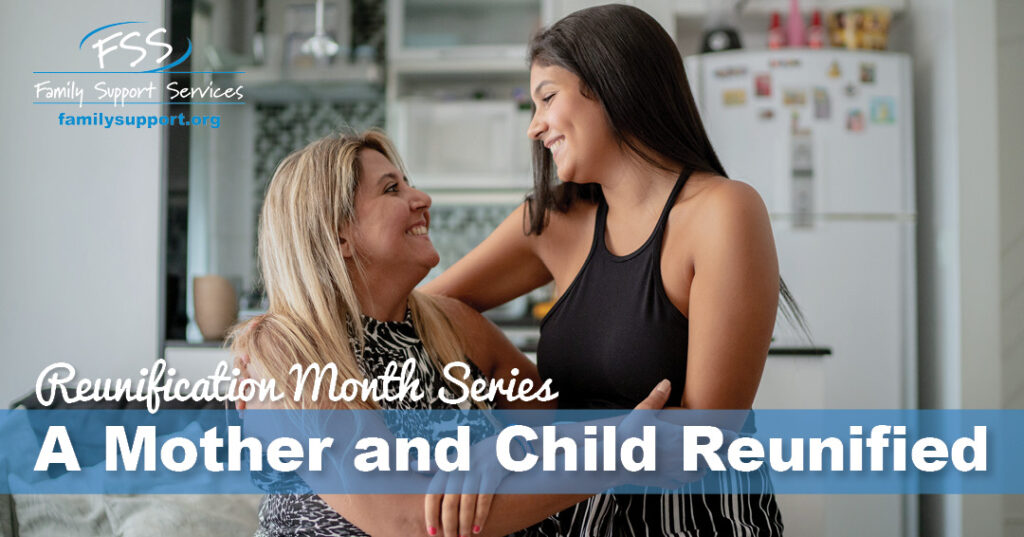Community Based Care (CBC) – The Result of Florida’s Child Welfare System Redesign
(Part 2 of 3)
The History of Community-Based Care, part 2: 2007 and beyond
By 2006, following Florida’s historic streamlining initiative, child care agencies throughout Florida were operating similarly to they way they do today: regional Lead Agencies like Family Support Services (FSS) were managing care by partnering with Case Management Organizations (CMOs) like Jewish Family & Community Services, Daniel Kids, Childrens Home Society and National Youth Advocate Program.
Some key statistics from the period between 2006 and 2010:
- Duval County had a 61 percent reduction in the total number of children in foster care.
- Among local cases involving family-member abuse or neglect, about one sixth, 18.5 percent, resulted in removal of the child from the home.
- Lead Agencies were able to reduce case manager’s caseloads from 35 to 24 to better serve children and families. But the national standard of 14 cases per case manager, though closer, remained elusive.
While these numbers represented significant performance improvements, they pointed to the need for further changes. Ultimately they led to a redesign by the Lead Agencies—and FSS’s—unique approach to child welfare focused on family preservation and prevention based on Casey Family studies, kinship placement, reunification and adoption. After a painstaking review and analysis of results, a revised strategy was developed, based on these recommendations:
- Family preservation and reunification should remain high-priority goals.
- Lead Agencies should focus more on the root causes of family separation rather than crisis intervention.
- Foster and adoptive families should receive training and resources as needed to support them as they get back on their feet.
- Children should be removed from their homes only as a last resort.
Redesigning the system meant a fundamental shift in the child welfare system, from both programming and organizational standpoints. Instead of focusing primarily on the placement of children into homes, agencies turned their attention to family preservation through family-centered services.
The redesign has produced profound changes in the way FSS and its CMOs do their work and in the organizational culture of the state’s child welfare system. As the FSS Annual Report for 2016-17 summarized, 15 years after the CBC concept was introduced, “We learned to do everything in our power to serve a child safely in their home.”
The agency’s signature prevention programs, Strengthening Ties & Empowering Parents (STEPS), Family Assessment Support Team (FAST) and the Integrated Practice Team (IPT), added significantly to the agency’s results, which included a sustained reduction of nearly 60% in the number of children served in out-of-home care. Other innovative programs targeted teens specifically. These include SPLASH (Scuba Promotes Life goals And Supports Healthy Living), Tour de TRAILS (Teaching, Riding and Interpersonal Life Skills), Just Like Me, and Passport to Leadership, which improve self-esteem and encourage permanency.
As 2020 closes out, these and other programs continue to improve outcomes and lives for children and families throughout Duval and Nassau County in Northeast Florida. As the CBC concept enters its second decade of efficient, family-focused care, you can be sure innovative thinking and a constant focus on family preservation will remain at the forefront of everything we do.
Read The History of Community-Based Care, part 1: 1996-2006.








0 Comments